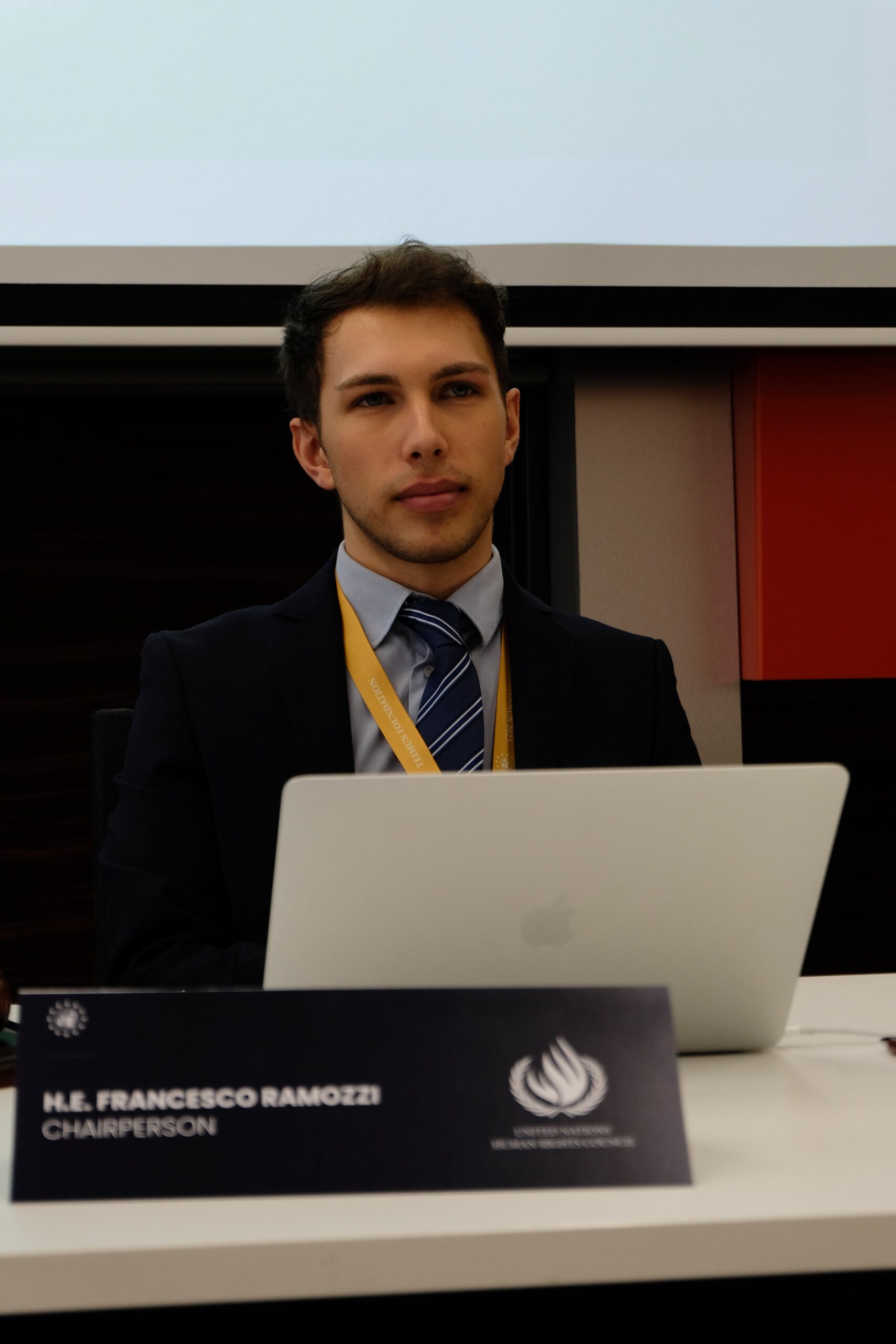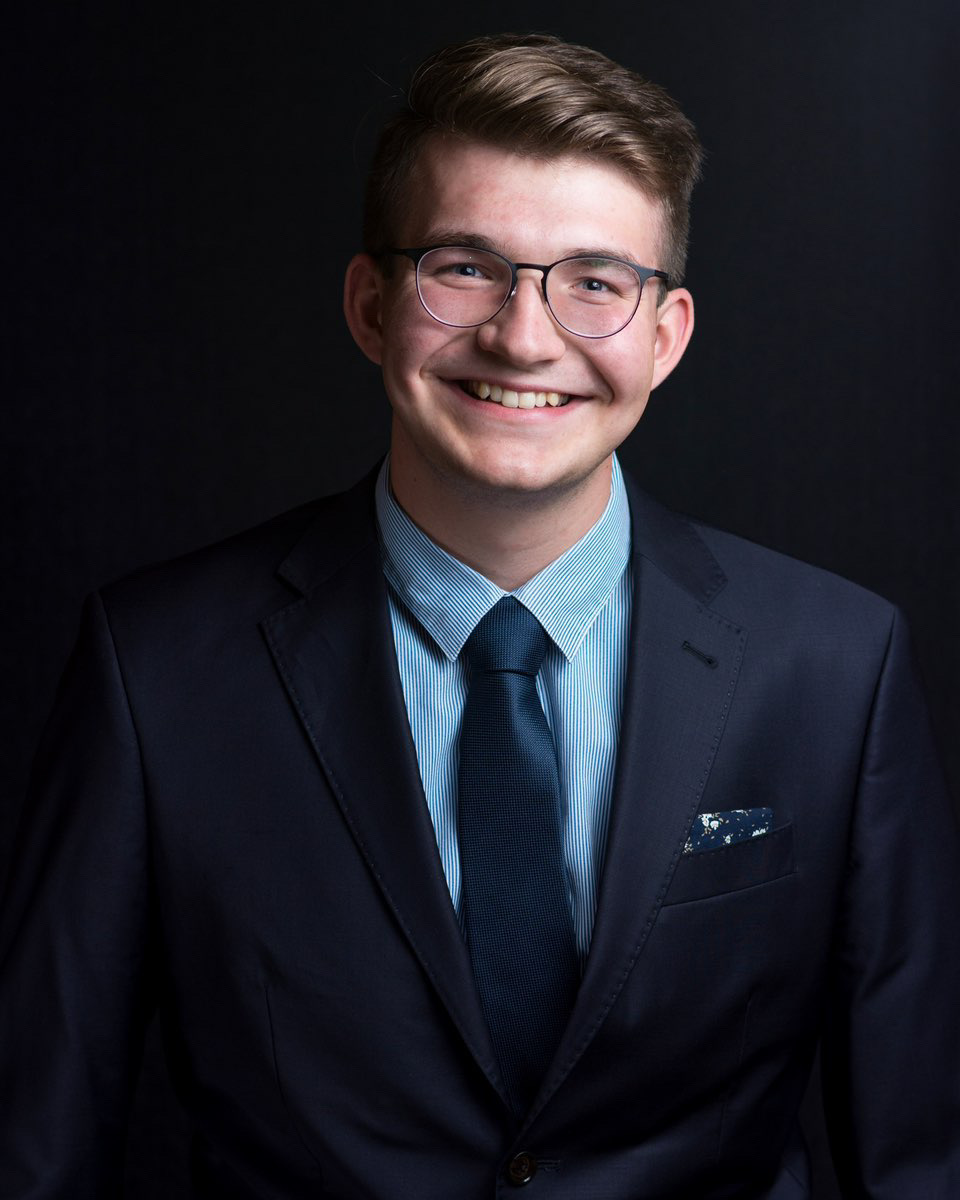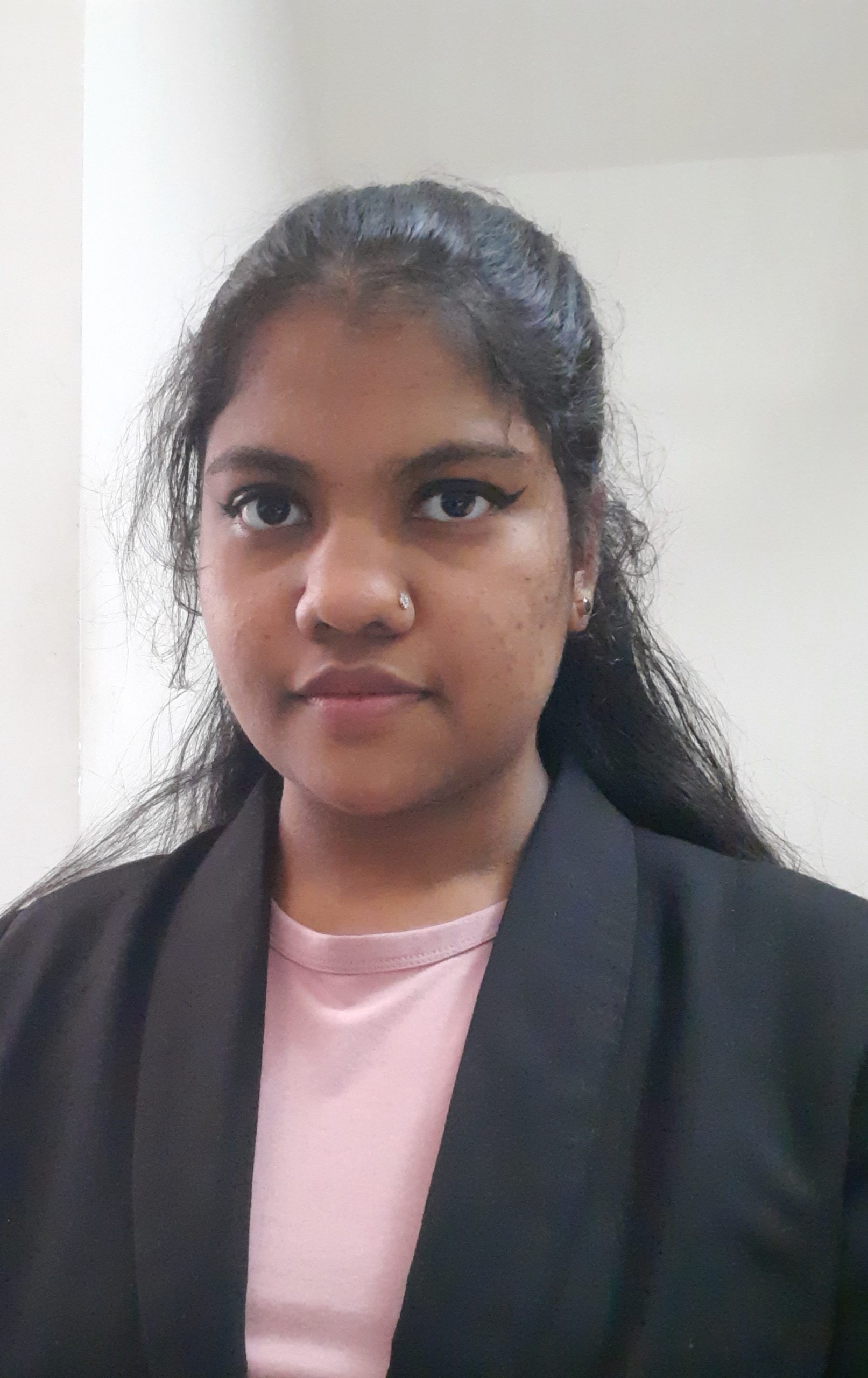North Atlantic Treaty Organisation
The North Atlantic Treaty Organisation (NATO) is an intergovernmental military organisation, which consists of 30 Member States. The organisation’s primary task is the implementation of the 1949 North Atlantic Treaty.
This takes the form of guaranteeing the freedom and security of its members through political means by promoting democratic values and facilitating cooperation on defence and security issues. In addition, military tactics are also used to undertake operations when diplomatic efforts fail. Topics of the NATO Council range from addressing security issues, to discussing foreign relations.
While most of its existence has revolved around the confrontation with the USSR-backed rival organisation, the Warsaw Pact, during the 21st century NATO has become increasingly more a peacekeeping organisation beyond being just a military alliance.
TEIMUN 2023
NATO Topics
Cyberwarfare – The Limits of Tolerance and Possibilities of Collective Defence and Human Trafficking in Kosovo: Human Security and the KFOR
Topic 1: Cyber warfare: The Limits of Tolerance and Possibilities of Collective Self-Defence
Brussels 2021, NATO Summit. The Allies adopted a new Comprehensive Cyber Defence Policy (CCDP), endorsing NATO’s role in cyberspace. This CCDP supports NATO’s three core tasks: ‘collective defence, crisis management and cooperative security, as well as its overall deterrence and defence posture’. NATO possesses political, diplomatic and military tools to exercise those tasks. These tools, from the perspective of cyber warfare, shall be the focus of our TEIMUN 2023 sessions. The emphasis is put on Article 5 of the North Atlantic Treaty, thus the military tools in NATO’s possession. This article is the legal basis for (collective) self-defence in case of an armed attract against one State Party, elevating it to an attack against all State Parties.
The relevance of questions about collective self-defence has significantly increased due to the Russian invasion of Ukraine. Apart from the actual armed attack on a non-Party, the State Parties experience cyber-attacks and malicious disinformation-spreading, oftentimes attributed to Russia. The allies agreed that ‘the impact of significant malicious cumulative cyber activities’ might be of such an extent to be considered an armed attack. The details of what exactly are those cyber activities are not set. It is possible that an ad hoc decision would be adopted when a specific act crosses the line. However, to prevent the sudden emergence of a new war, the line for cyber-activities to become an armed attack, possibly triggering Article 5 of The North Atlantic Treaty, should be drawn. Do such activities have to impact the Allies physically, or are information-gathering activities sufficient triggers? The State Parties shall do everything to deter such attacks and prevent any harm from being done, yet the glass of tolerance has its limits. And these limits are yet to be determined.
Topic 2: Human Trafficking in Kosovo: Human Security and the KFOR
Human trafficking of children and women has been a perpetual problem in Kosovo. Traffickers force women from Albania, Moldova, Montenegro, Romania, Serbia, and other European countries into sex trafficking within Kosovo. In addition, traffickers subject inhabitants of Kosovo to sex trafficking and forced labour throughout Europe. This is especially true with the improvement of Kosovo’s legislative framework and the tightening of its borders. Such measures led to traffickers finding new victims — from within the country (in recent years, Kosovars have made up the majority of victims, transforming Kosovo from being predominantly a ‘destination country’ for trafficking victims to a ‘country of origin’). Women and girls are exploited in sex trafficking in private homes, apartments, nightclubs, and massage parlours. Though some women were abducted or coerced, many started their journeys from their home countries voluntarily, believing that the work they had been offered would enable them to break out of poverty or escape violence or abuse.
In this respect, the government of Kosovo has increased prevention and victim protection efforts, including the licensing and partial funding of two NGO-run shelters to provide services to victims, along with the specialised state-run Interim Security Facility (ISF). Moreover, at the Madrid Summit in June 2022, Heads of State and Government emphasised the centrality of human security, in addition to NATO’s mission in Kosovo having, as one of its main objectives, the support of the international humanitarian efforts and establishment of a secure environment and ensuring public safety and order. Therefore, our sessions shall focus on combating trafficking by destabilising the trafficking rings operating in the country and especially through education of women and children regarding ways to prevent being trafficked in order to achieve the outlined objectives
Meet the Chairs!

Francesco Ramozzi
Ciao!
My name is Francesco, I am from Italy and grew up in the second most beautiful city in Umbria (Umbria has 2 cities). I will be co-chairing the NATO Committee alongside Dominik and Shifana! I study International and European Law in Groningen and I have always found the area of human rights as important as it is underestimated. I would lie if I said this interest of mine didn’t play a role in choosing my field of study. I hope to see interesting and engaging debates on this issue.
My MUN story begins in 2017 when I participated for the first time in an MUN and never stopped since. Among the most noteworthy locations MUNs have brought me is the UN Headquarters in New York, but I am 100% sure that this MUN will have as much prestige as my previous ones, especially given its closeness to so many well-known international institutions!
A little bit about myself: besides my passion for diplomacy and politics, I enjoy making new connections, binge-watching questionable Netflix series and drinking gallons of coffee. I like pumpkins, political controversies and opponents of the Catholic Church. Anything that implies needles or the Dutch railway system terrifies me. I am excited to meet you all and I have no doubt we’re going to have a lot of fun in TEIMUN 2023!
Dominik Palkovic
My name is Dominik; I am from Slovakia and currently studying International and European Law at the University of Groningen.
My first, somewhat random, appearance at an MUN in 2019 was a stressful and scary experience. At least before the conference started. It all turned out to be a life-changing decision, having enjoyed the whole event, which eventually led to my career choice. Since then, I have participated in or chaired multiple MUNs and similar conferences, nurturing my interest in international law, politics and relations. I believe everyone should try the role-play of pretending to be someone else and possibly arguing against one’s most fundamental personal values. What doesn’t kill you makes you stronger, as Kelly Clarkson sings. And although I love studying law, I have to remind myself of Kelly’s lyrics quite regularly while actually studying.
Loving my degree programme does not necessarily mean I have no other life. And although law takes up a lot of my time, you can often find me sipping coffee somewhere with my friends or dancing around.
I cannot wait to see you all at TEIMUN 2023 in The Hague, stirring the waters of the North Atlantic in our NATO sessions.
Fun fact: I will judge you by your choice of coffee drink (otherwise, I am told I am a nice person).


Shifana Sherin
I am a student of International and European Law at the Rijksuniversiteit Groningen, Netherlands. I am of Indian origin, with UAE being my second home and, the Netherlands about to be my third. Cooking, painting, karate, and reading are among my hobbies, other than MUN. Recently, I have also been very interested in embroidery. I now realise that all of this makes me seem like a very old soul and unfortunately, I cannot deny that (guilty).
I have been doing MUNs for quite some time now, however, similar to how the pandemic has affected all of us, I was forced to take a break for quite a long time. As such, this conference is my return to the world of MUN. I hope I can deliver a great committee for all the delegates and help everyone gain meaningful experience through this conference.
Fun Fact: I like repetitive tasks or those that take a long time. I once cleaned the individual leaves on all my outdoor plants for fun. Same reason why I like making pasta or bread.